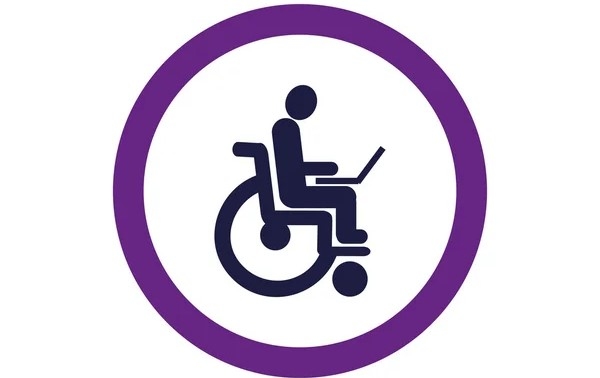The ICT Accessibility and Equality of Persons with Disability team, within KICTANet, has been conducting research to come up with a scorecard on the accessibility of government websites for persons with disabilities. On 13th April, the team hosted a virtual validation meeting of their first draft of the document. Among the invited participants were government representatives, Persons with disabilities organizations and associations, the private sector, media, community networks, standard bodies and the regulatory authorities.
The meeting kicked off at 10 am. In her opening remarks Ms Okite, a consultant within the program said “ We support the Kenya National Digital Master Plan 2022-2032, as the prime enabler of the country’s digital priorities. However, as KICTANet, we undertook this first initiative to ensure that persons with disabilities are not left behind, in this process. Accessibility begins right from policy drafting, into procurement, then implementation and, those that are directly affected must be involved and engaged
As such, welcome other partners and funders to support this initiative, as it has the potential to be used as a Monitoring and Evaluation tool for both Government, Private Sector and service providers”.
While making her presentation, Felicia Mburu, the researcher, in this project shared some of the experiences they encountered, and, one of them was the digital divide. The difference between a person with a disability who has had an opportunity to be schooled has some digital skills and knowledge, has a smartphone, laptop/desktop, and internet connection, and one still within the same county, who has no digital skills, they cannot access the internet using their mobile phone and has no internet connection, whatsoever.
The difference between these two is that one is able to identify which websites and applications are not accessible to them with some little guide on which tools to use while the other has to use a third party, a relative or a friend or go to the cybercafe or Huduma Center depending on what they are looking for, will never know what ‘accessibility to digital services’ actually means.
This experience and many more ‘behind the scene’ so to say of this report, will be shared by our research team during our TwitterSpace talk series scheduled for 27th April at 8 pm. Please join us then on Twitter @KICTANet for a more interactive session.
The report validation session had valuable comments and questions from the participants and we would like to take this opportunity to acknowledge and thank all those that were able to participate. Our partners, are GIZ, UPDK, Idea Media, The Society of Professionals with Visual Disabilities(SOPVID), Jenga Jumuiya Network, Kenya Society of the Blind, and Disability Sausage Media.
The draft report can be found here
And we request for your feedback. The form can be accessed here
We look forward to hosting you again as we launch the final report as part of our Global Accessibility Awareness Day (GAAD) celebrations on the 18th of May 2023.
For any queries on the research draft report and feedback form, please send an email to jokite(at)kictanet.or.ke
Judy Okite, Consultant, ICT Accessibility and Equality for Persons With Disability at KICTANet.
![]()




